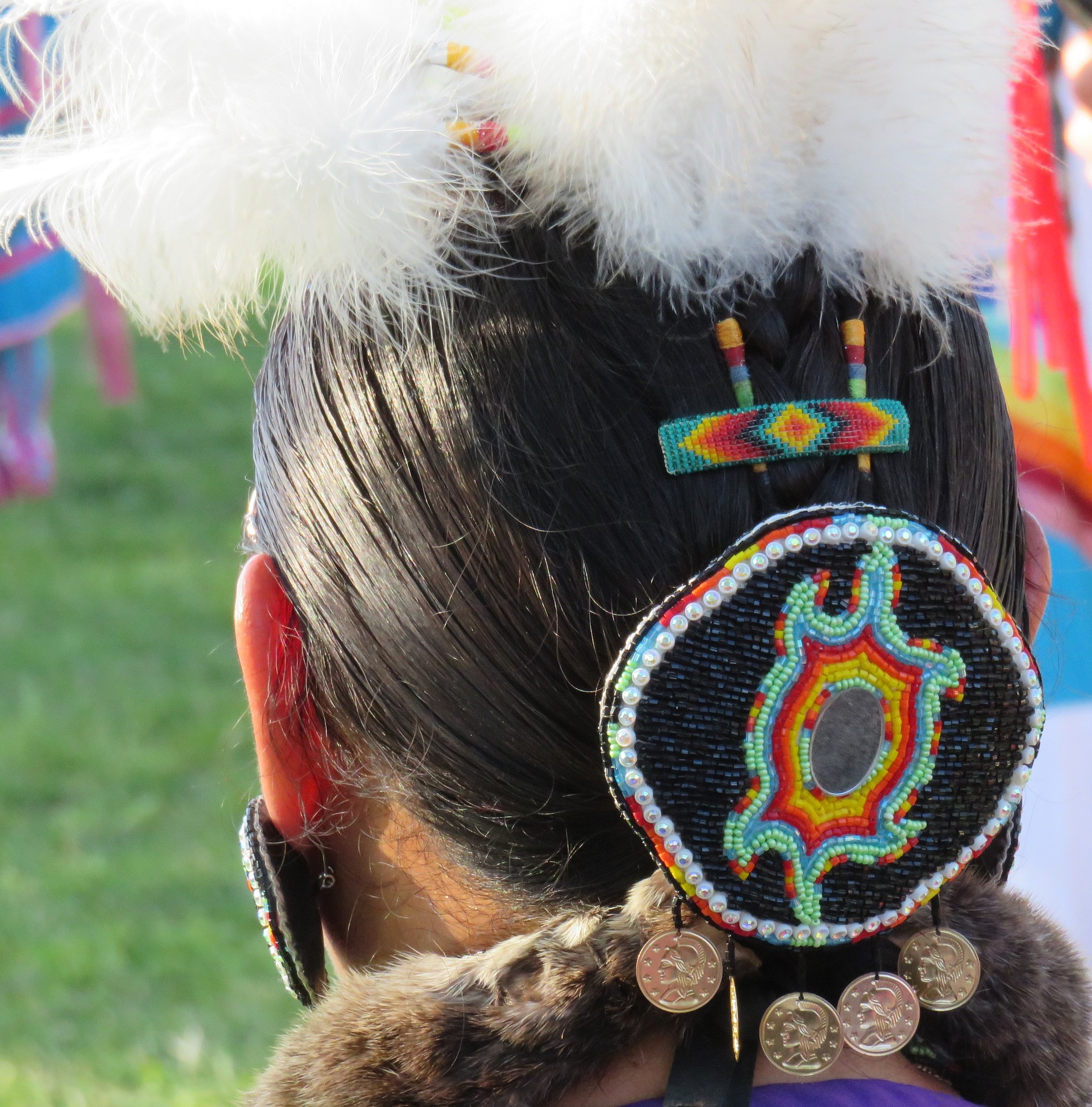By Ariel Davis
After six years, Chris Brown is no longer on probation for the assault and criminal threats toward his then-girlfriend, Rihanna. In February 2009, Brown assaulted Rihanna after the couple left a pre-Grammy party, where he punched and threatened her. In June 2009, Brown pleaded guilty to felony assault, thereafter, the judge ordered five years of probation, 1400 hours of community service, domestic violence counseling, rehabilitation, and no-contact with Rihanna. After Brown pleaded guilty to the assault in 2009 and his subsequent probation order, Brown’s ability to get off probation has been difficult.
One can only imagine the legal costs that Brown has endured over the last six years, especially when that legal representation consisted of Mark Geragos. Geragos has become a popular trial attorney and has represented Winona Ryder, Michael Jackson, Nicole Richie, Nate Dogg, and P.Diddy, to name some of his famous clientele. But, a world class attorney can only get you so far, which is quite apparent in Brown’s legal battle to get off probation after the Rihanna assault in 2009. In Brown’s legal battle, his race and the media’s portrayal substantially affected his case.
Brown Treated Differently because he’s Black?
It is a fair assessment that Brown’s music career has received a substantial backlash after the assault in 2009. Soon after, Brown’s songs were pulled from many radio station’s rotations, and multiple sponsors’ dropped his endorsement deals based on his, newly tainted, public image. While the assault erased Brown’s clean image, the media has continuously claimed his bad-boy image. In March 2011, the media reported that Brown allegedly became violent in his dressing room during a commercial break at his Good Morning America interview. Moreover, in June 2012, it was reported that popular rap artist Drake and Brown’s entourages were involved in a club brawl. Furthermore, in January 2013, it was reported that Brown assaulted popular R&B/rap artist, Frank Ocean, over a parking spot.
Since the assault in 2009, Brown has garnered much media scrutiny related to his every action. The media’s discussion about Brown has continually focused on publicly condemning him and creating a “culturally resonant villain” in the fight against domestic abuse. Many will disagree, but Brown’s case must be analyzed through a racial lens. Through a racial lenses, it does not relieve Brown of responsibility for his violent act of domestic abuse toward Rihanna, but it allows for the realization that mass media has used Brown’s case to perpetuate America’s “narrative” that black men are violent, thus, African American men are more commonly domestic abusers by nature. In fact, society fails to realize that American pop culture/mass media perceives domestic abusers who are Caucasian more favorably than domestic abusers that are African American. Thus, the issue of race is continuously overlooked in Brown’s case.
For instance, Charlie Sheen has a history of violence toward women, where he has assaulted, threatened, harassed, abused, and shot women, but mass media depicts Sheen as “eccentric” rather than a domestic abuser. Or Bill Murray, where his ex-wife has openly accused him of physical abuse, yet Murray has received continuous praise for his performance in The Grand Budapest Hotel, which won four Oscars this year. Or Nicholas Cage, who was arrested for domestic abuse against his wife, Alice Kim in 2011, but mass media, depicts him as an “eccentric” individual with wild spending habits.. Or John Lennon, who admitted to physically assaulting women in a Playboy Magazine interview, yet media and pop culture depict Lennon as a peaceful rock idol that could do no wrong. Or Sean Penn, who struck Madonna with a baseball bat during their marriage and pled guilty to a misdemeanor, but pop culture has somehow forgotten Penn’s past domestic abuse, even in the midst of marriage rumors to Charlize Theron. And, let’s not forget, Eminem, who consistently admits to committing spousal abuse toward his ex-wife in his music to the point where the Supreme Court quoted his lyrics in a case about spousal threats.
Racial Bias in the Entertainment Media
It is evident that mass media/pop culture more easily and readily forgives and forgets domestic abusers that are Caucasian rather than domestic abusers who are African American. When the discussion moves to Charlie Sheen, Bill Murray, Nicolas Cage, John Lennon, Sean Penn or Eminem, it seems that their bodies of work are separated from their violent acts toward women, unlike Chris Brown. Further, the media has been characterized as “forgetting” these violent instances committed by famous Caucasian men because they occurred so long ago, but many forget that Brown’s assault on Rihanna happened 6 years ago. Furthermore, many have argued that Brown’s unsavory behavior and alleged incidents of repetitive violence are the true issues at hand. However, this argument fails to consider that “White America” oversees the media’s portrayal of Brown.
It is quite evident that society fails to recognize that racial bias exists in Brown’s case and that the “media’s reluctance to cover cases involving white celebrities charged with domestic abuse means that it isn’t yet our message.” It is easier and more readily grasped by mass media that African American men are “more” violent and domestic abusers than Caucasian men, therefore, it becomes “uncomfortable” for mass media to admit that Charlie Sheen, John Lennon, or Sean Penn are capable of domestic abuse. It is wrong for mass media and society to hold one African American man, such as Chris Brown, to be accountable for his actions of domestic abuse, but fail to hold the many, famous Caucasian men to the same standard.





